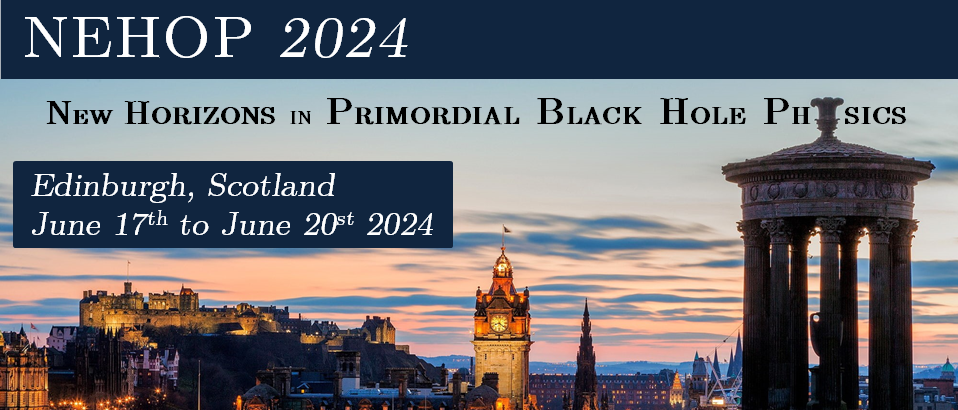Speaker
Description
In this analysis, we investigate the scenario wherein Primordial Black Holes (PBHs) with very low masses ($ M_{\rm PBH} \lesssim 10^9{\rm\,g} $) undergo evaporation during the Big Bang Nucleosynthesis (BBN) epoch. This evaporation process leads to a non-standard behavior in the expansion rate of the Universe, which plays a crucial role in determining the freeze-out of nuclear reactions. This non-standard expansion rate may have implications for the asymptotic primordial abundance of light nuclei. We present numerical solutions for the background metric, considering different values of PBH mass and abundance at their formation. Subsequently, we share results for the abundances of light nuclei, obtained by incorporating the non-standard Hubble rate into the BBN code Parthenope3.0, such results are then used to obtain upper bounds at 95\% confidence level for the PBHs relative abundance at formation in the range $ 4 \times 10^8{\rm\,g} \lesssim M_{\rm PBH} \lesssim 10^9\,g $.

